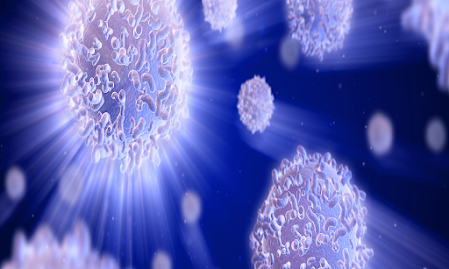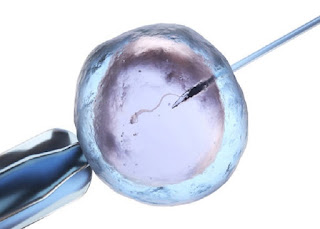Fertility Preservation Services for People With Cancer
On June 13, Governor Abbott signed Texas HB1649 into law, a
landmark moment for people of reproductive age facing cancer in Texas. Set to
take effect in September 2023, the bill requires that insurances provide
coverage for fertility preservation services for people with cancer and other
conditions where the treatments can reduce fertility.
People with cancer often need to preserve their fertility because
cancer treatments can damage the reproductive organs and lead to infertility.
Some cancer treatments, such as chemotherapy and radiation therapy, can damage
the ovaries, testicles, or other reproductive organs. This can lead to a
decrease in fertility or even infertility.
Infertility can be a devastating side effect of cancer treatment.
It can be difficult to cope with the emotional and psychological challenges of
cancer treatment, and the possibility of infertility can add to the stress.
Fertility preservation can help people with cancer to have a sense of control
over their future and to reduce the stress of wondering if they will be able to
have children.
There are a number of different fertility
preservation options available, including:
·
- Egg freezing: Eggs can be frozen and stored for future use.
- Sperm freezing: Sperm can be frozen and stored for future
use.
- Embryo freezing: Embryos can be created in a laboratory and
frozen for future use.
The best fertility preservation option for a particular patient
will depend on a number of factors, including the patient’s age, cancer type,
and cancer treatment plan.
Oncofertility specialists work with patients to develop a plan to
preserve their fertility before they start cancer treatment. Oncofertility
specialists also work with patients to address the emotional and psychological
impact of cancer on fertility. They can provide counseling and support to help
patients cope with the challenges of cancer treatment and the possibility of
infertility.
Oncofertility is a rapidly growing field of medicine. With
advances in research and technology, more and more people who are diagnosed with
cancer are able to preserve their fertility and have children.
Here are some of the benefits of oncofertility:
·
- The ability to have children after cancer
treatment: Oncofertility can help people who are diagnosed with
cancer to have children after they have completed their cancer treatment.
- The ability to preserve family history: Oncofertility can
help people who are diagnosed with cancer to preserve their family
history by having children who are genetically related to them.
- The ability to reduce stress and anxiety: Oncofertility can
help people who are diagnosed with cancer to reduce stress and anxiety by
giving them the option to preserve their fertility.
If you are considering fertility preservation, consider a
consultation at CRE to learn more about your options. One of our doctors can
help you decide which option is right for you.




Comments
Post a Comment